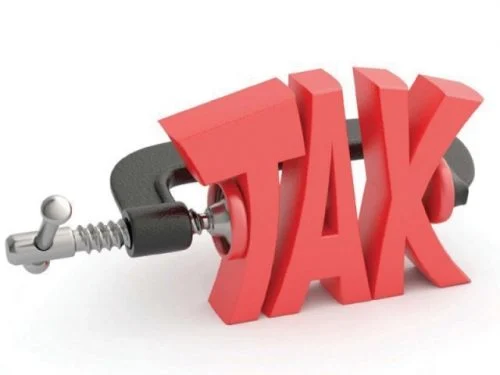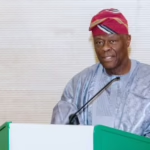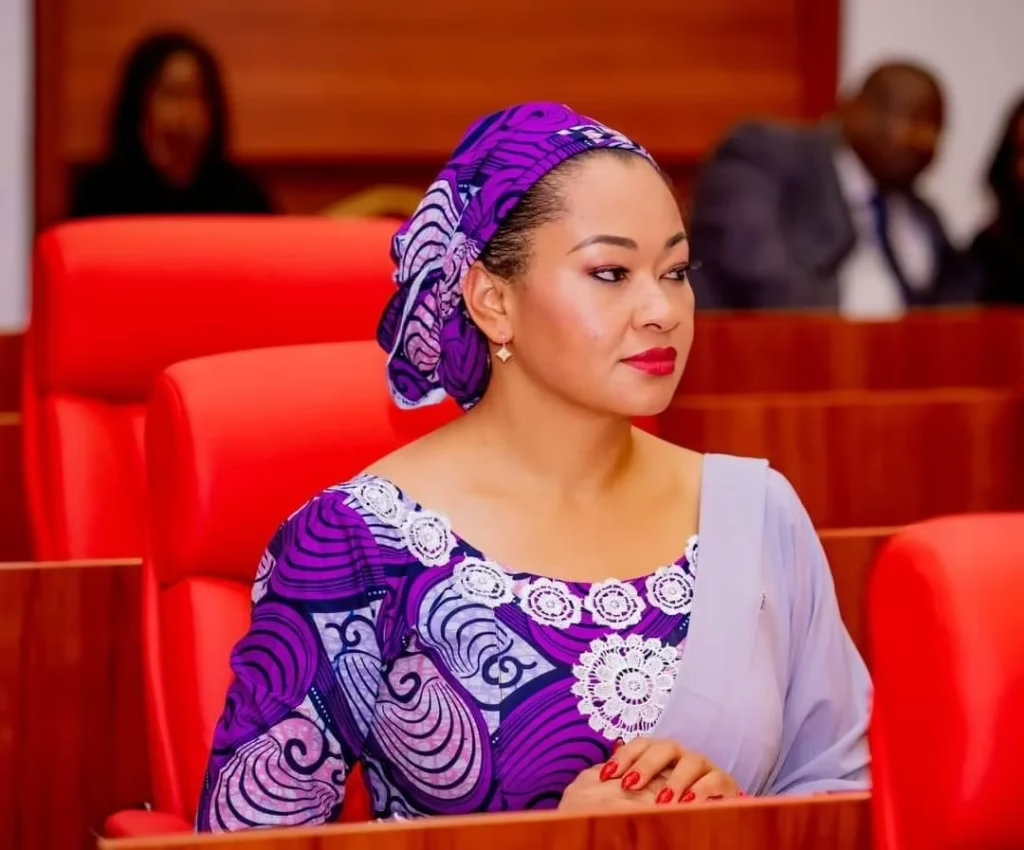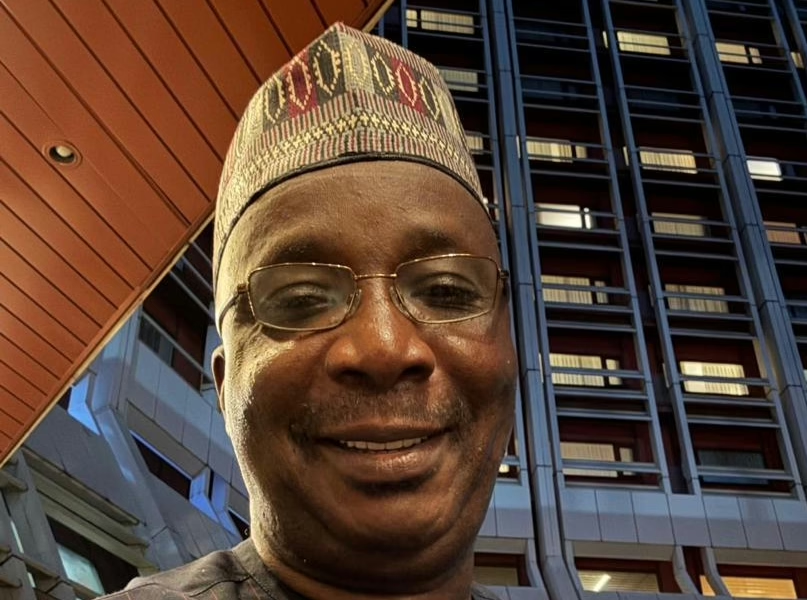By Charles Maduka
The Federal Government has unveiled a bold plan to raise Nigeria’s tax-to-GDP ratio from below 10 percent to at least 18 percent over the next three years, according to Taiwo Oyedele, Chairman of the Presidential Committee on Fiscal Policy and Tax Reforms.
Speaking during an interview on Aise TV, Oyedele revealed that the ambitious goal would be driven by newly signed tax laws aimed at expanding government revenue, reducing tax evasion, and improving fairness in the tax system.
“The Nigerian economy is valued at roughly ₦270 to ₦300 trillion, yet our tax yield remains below 10 percent. Countries like South Africa operate at 26 percent, and some developed nations go as high as 40 percent,” Oyedele said.
He attributed the shortfall to a massive tax gap estimated at 70 percent, stressing that those evading taxes are currently being rewarded while compliant citizens shoulder the burden.
To correct this imbalance, Oyedele noted that the new tax laws make evasion more costly and compliance easier. He said the reforms are expected to double Nigeria’s tax revenue without increasing tax rates.
Among the key legislative instruments signed into law are the Nigeria Tax Bill, the Tax Administration Bill, the Nigeria Revenue Service Establishment Bill, and the Joint Revenue Board Bill.
One of the major provisions is the exemption of individuals earning less than ₦1 million annually from personal income tax. Previously, income earners as low as ₦300,000 were taxed up to 7 percent. Additionally, small businesses with an annual turnover below ₦50 million will be exempt from company income tax.
Oyedele also clarified that while corporate income tax remains at 30 percent, value-added tax (VAT) will stay at 7.5 percent. However, VAT will not apply to essential goods and services such as food, healthcare, education, rent, and public transport.
Beyond revenue generation, the reforms are also designed to promote public trust by addressing the use of tax revenue. Oyedele emphasised transparency and accountability as key to renewing the social contract between citizens and government.
“People always ask, ‘after collecting revenue, what’s next?’ That’s why our reforms include accountability for how tax revenues are spent,” he stated.
While acknowledging that these changes were long overdue, Oyedele credited President Bola Tinubu for pushing them through despite significant public criticism.
“This should have been done 30 years ago. President Tinubu showed rare courage and political will to support these reforms even when the backlash intensified,” Oyedele added.
The implementation of the new laws is expected to reposition Nigeria’s fiscal system, curb tax evasion, and ensure a more equitable taxation framework that supports economic growth and public service delivery.










Leave a Reply